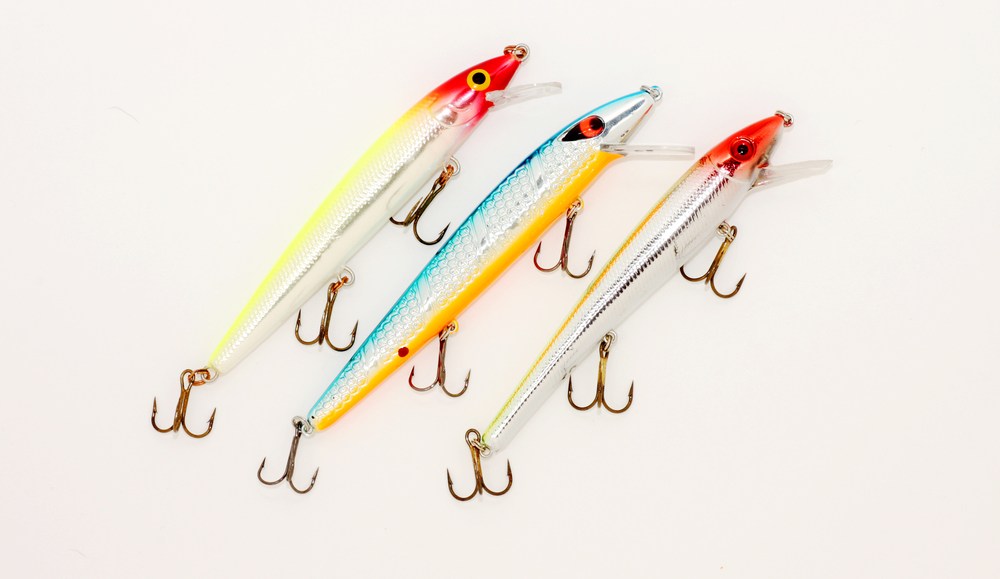Last chance to save on Digiday Publishing Summit passes is February 9

The Twitter media elite love to grouse about link bait, the eye-rolling pageview tricks publishers pull to draw in quick-hit traffic.
Publishers resort to all different types of less-than-desirable ways to drive traffic. Buying traffic — or the dark arts of SEO — is part of many publishers’ toolkits. But often the most egregious part of the tactic is the link bait, the quirky headlines, tweets and status updates that scream “CLICK ME.” At best, they’re alarming headlines; at worst, they’re misleading. Despite many complaints over these tactics — last week a snarky Twitter account was set up to ape Huffington Post’s penchant to troll for clicks in tweets — these tactics more often than not don’t hurt publishers where it counts: revenue.
“If [the content is] relevant and above board, it doesn’t hurt the brand,” said Gregg Colvin, svp at Universal McCann. “The only time it’s bad is when it’s a bait and switch. I’ve seen that, and we don’t work with those guys. It’s a poor reflection of the brand, doesn’t serve the brand and it upsets the consumer. If you see an article that’s misleading, and it turns out to be BS, no one likes it. A misleading headline — then that doesn’t work. If it’s organic and real, and smart editors are curating smart articles, I’m fine with it.”
The message from Colvin and others is that sites can walk the line between aggressive and dishonest. It’s a fuzzy line sometimes. After all, any publisher worth its salt is schooled in SEO, and yet there are some tactics like blatant bait and switch that are verboten. For example, a headline about the 10 Smartest Things in the World is in fact a product-placement piece extolling one company’s product. Brands and buyers are getting smarter about this, often “pre-selecting” publishers to work with. Colvin said research includes going into comments sections of sites to see if readers are upset by bait-and-switch tactics.
Besides, one man’s link bait is another’s smart content strategy. It’s usually those without the pageviews who are decrying the race for pageviews, conveniently enough. And in this instance, publishers and advertisers have the same goals: attention. A publisher’s job is to generate audience attention that can be transferred then to advertisers. How that’s done is, in many ways, irrelevant from the buy side.
“For brands, it’s traffic you’re driving that engages with my brand in a meaningful way,” said Barry Lowenthal, president at The Media Kitchen. “That’s how a publisher is evaluated; that’s how they’ll get more dollars. How you got traffic is less important. It’s more important when you’re there. Link bait won’t drive high-quality traffic.”
That’s the trick. The theory is, no matter how a publisher gathers an audience — gray-area SEO, alarmist headlines, listicles outside its site’s focus area — it will be found out when the rubber meets the road in conversions. For direct response, this is simple. For brand-advertising campaigns, buyers look to other metrics such as time on site. Publishers pulling tricks to get unqualified audiences should get dinged for low engagement through such metrics.
“Bad link bait isn’t sustainable,” Lowenthal said. “Good link bait is helpful. It helps me decide if I want to click on it. The most generous thing for publisher to do is have good link bait. It’ll save me time. Be kind, give me good link bait.”
Image via Shutterstock
More in Media

In Graphic Detail: The scale of the challenge facing publishers, politicians eager to damage Google’s adland dominance
Last year was a blowout ad revenue year for Google, despite challenges from several quarters.

Why Walmart is basically a tech company now
The retail giant joined the Nasdaq exchange, also home to technology companies like Amazon, in December.

The Athletic invests in live blogs, video to insulate sports coverage from AI scraping
As the Super Bowl and Winter Olympics collide, The Athletic is leaning into live blogs and video to keeps fans locked in, and AI bots at bay.





